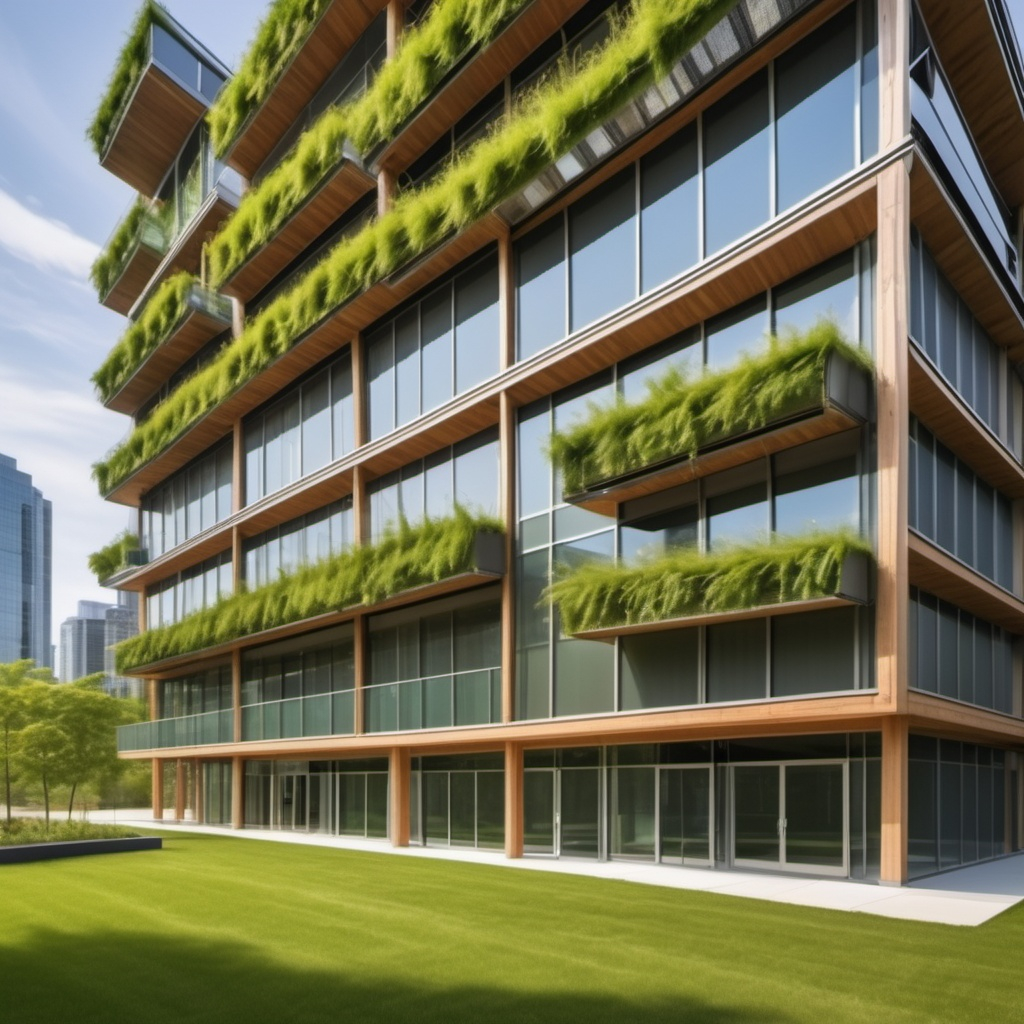The Shift Towards Sustainability
Sustainable building practices have gained momentum in the real estate sector as environmental concerns become increasingly paramount. In 2024, the demand for eco-friendly properties is surging, with buyers actively seeking homes that incorporate sustainable materials and energy-efficient designs. Innovations such as green roofs, solar panels, and rainwater harvesting systems are becoming standard features in new developments. The focus on sustainability not only reduces the environmental impact of buildings but also enhances their long-term value, making them more appealing to environmentally conscious buyers.
Certifications and Regulations
The real estate industry is witnessing a rise in certifications for sustainable building practices, such as LEED (Leadership in Energy and Environmental Design) and BREEAM (Building Research Establishment Environmental Assessment Method). These certifications help guide developers in implementing best practices while providing buyers with assurance regarding the sustainability of their investments. In 2024, regulations promoting energy-efficient building standards are becoming more prevalent, encouraging developers to prioritize sustainability in their projects.
Innovations Driving Change
Technological innovations are pivotal in advancing sustainable practices within the real estate sector. Smart building technology allows for real-time monitoring of energy usage and environmental conditions, enabling property managers to optimize resource consumption. Additionally, advances in materials science are leading to the development of sustainable building materials, such as recycled concrete and low-impact insulation. These innovations are not only beneficial for the environment but also reduce operational costs, creating a win-win scenario for developers and homeowners alike.


